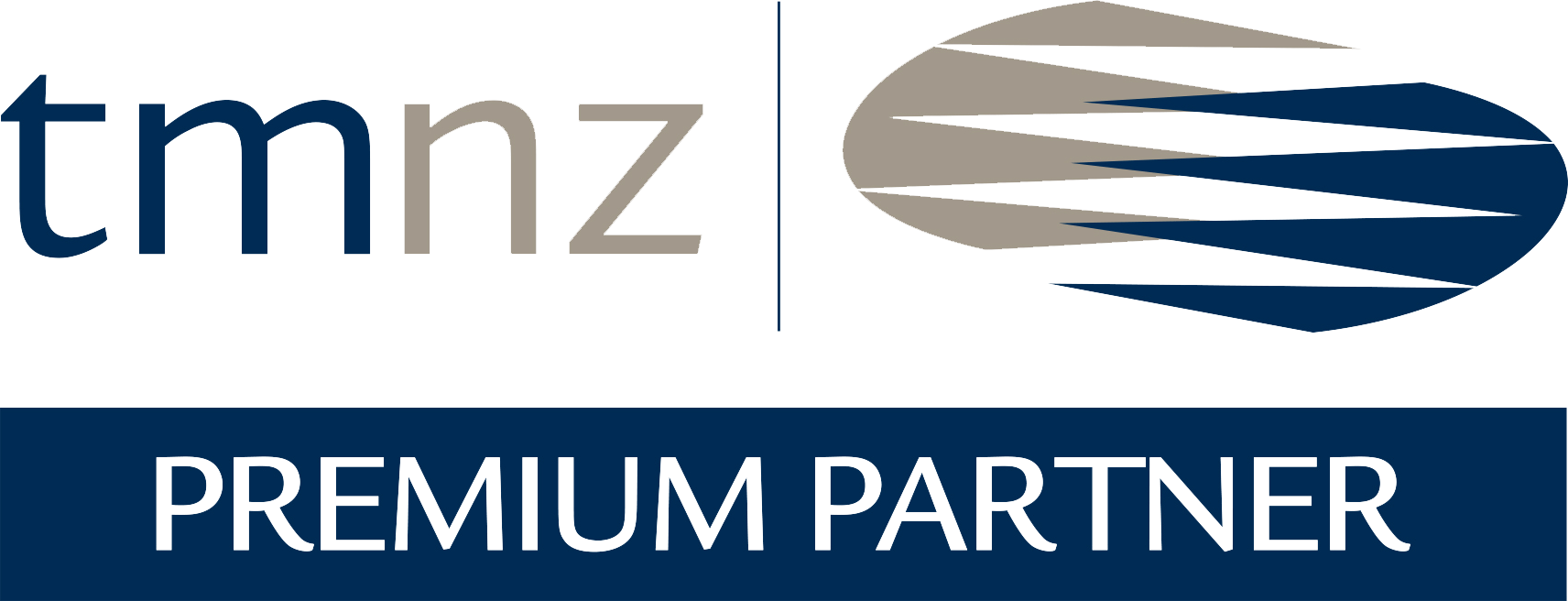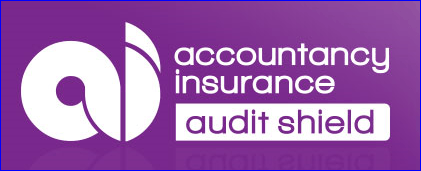NZTE Increases COVID-19 Business Advisory Fund
 The Government has allocated additional funding to support businesses through the COVID-19 pandemic. The Covid-19 Business Advisory Fund, managed by the Regional Business Partner Network, has been provided by government to enable businesses to access expert advice and support.
The Government has allocated additional funding to support businesses through the COVID-19 pandemic. The Covid-19 Business Advisory Fund, managed by the Regional Business Partner Network, has been provided by government to enable businesses to access expert advice and support.
Business owners can access up to $5000 excl. GST per business from the COVID-19 Business Advisory Fund. This funding can be used with a range of providers of registered services depending on business needs. It is 100% funding; no co-funding is required.
How to register your Business:
- Step 1 – register on the RBP website here
- Step 2 - Regional Business Partner (RBP) Growth Advisors will contact you and will work with you to assess priority needs and provide access to funding for use with registered Service Providers. Only RBP Growth Advisors can allocate this funding.
Already registered with the RBP?
Contact your RBP Growth Advisor or local RBP Partner organisation. Contact details are on the RBP website here.
Eligibility Criteria
Businesses must:
- Have undergone an assessment with a Regional Business Partner Growth Advisor
- Have fewer than 100 full time equivalent employees, and
- Be GST registered in New Zealand, and
- Have a New Zealand Business Number, and
- Be operating in a commercial environment; and
- Be a privately-owned business or are a Maori Trust or incorporation under the Te Ture Whenua Maori Act 1993 or similar organisation managing Maori assets under multiple ownership.
Non-eligible organisations
- Charitable trusts
- Incorporated societies
Funded Services
Businesses can access expert advice and support in one or more of the following subject areas:
- HR & Employee Relations and Legal
- Financial and Cashflow Management
- Health and Wellness
- Business Continuity Planning
- Marketing Strategy
- Digital Enablement Strategy.
We offer the Business Continuity Plan as a funded service through the Covid-19 Business Support fund. Please contact your local Growth Advisor or follow the links above to register and apply for this service.
Your MSB Chartered Accountant client manager is also available to help if you would like to find out more about our Business Continuity Plan service or accessing the Covid-19 Support Fund.


- Pukekohe Office
5 Hall Street
Pukekohe 2120
Auckland
New Zealand
- Waiuku Office
57 Queen Street
Waiuku 2123
New Zealand
 Xero
Xero
 Figured
Figured
 TMNZ
TMNZ
 CA
CA
 Audit Shield
Audit Shield
 Wolters Kluwer
Wolters Kluwer

